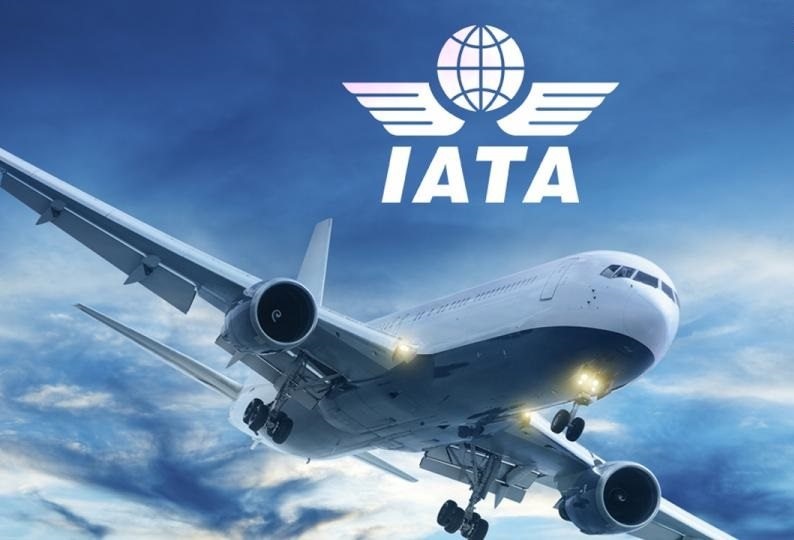
Geneva – The International Air Transport Association (IATA) says it will publish an annual Track Zero report using IATA’s Net Zero Tracking Methodology to report industry-level progress towards aviation’s commitment to Net Zero carbon emissions by 2050.
The Net Zero Tracking Methodology and related reporting process were developed with industry experts. IATA will aggregate and report annually inputs from IATA member airlines on an industry basis.
After thorough validation, aggregate industry data IATA Releases Industry Net Zero Tracking Methodology to Guide Industry Emission Reporting the previous calendar year will be reported annually in the fourth quarter of each year.
The first report with airline-contributed data is planned for publication in Q4 2024. Non-IATA member airlines are also encouraged to contribute data and participate in the reporting.
“Transparency is a critical element of aviation’s decarbonization. We will report our progress annually to ensure standardized, accurate and comprehensive reporting of aviation’s journey to net zero.
Industry-level data in the Track Zero report will help airlines, governments, and investors with tools to improve decision-making to accelerate progress,” said Marie Owens Thomsen, IATA’s Senior Vice President Sustainability and Chief Economist.
Individual airlines may use the aggregate data of the Track Zero report to benchmark their own progress towards decarbonization.
They may also choose to report their progress on decarbonization to key stakeholders including governments, investors and customers, using IATA’s Net Zero Tracking Methodology.
“Decarbonization is an industry challenge, not a competitive issue.
“Nonetheless, the report and the methodology behind it can enable benchmarking that could intensify decarbonization efforts by spreading the success of best practices and sparking innovation,” said Owens Thomsen.
Key features of the Net Zero Tracking Methodology include:
Standardization: The methodology establishes a transparent framework for accurate reporting that can be used industry-wide by identifying the relevant emissions scope, sources, and processes for emissions tracking and measurement.
Accuracy: The methodology includes best practices for data collection and validation with minimal administrative burden.
Comprehensiveness: The methodology accommodates reporting of all manner of decarbonization activities on a lifecycle basis, including usage of conventional and sustainable aviation fuel (SAF), carbon offsets/carbon capture, and future power sources (hybrid-electric, electric, and hydrogen-powered aircraft).
The decision to publish a Track Zero report follows the release by IATA of five Road maps detailing critical actions for aviation to achieve net zero CO2 by 2050.
They address aircraft technology, energy infrastructure, operations, finance, and policy. Together, they show a clear direction and will evolve with the insights of the Track Zero report, practical experience and emerging technologies to help aviation set interim milestones on the way to net zero.

